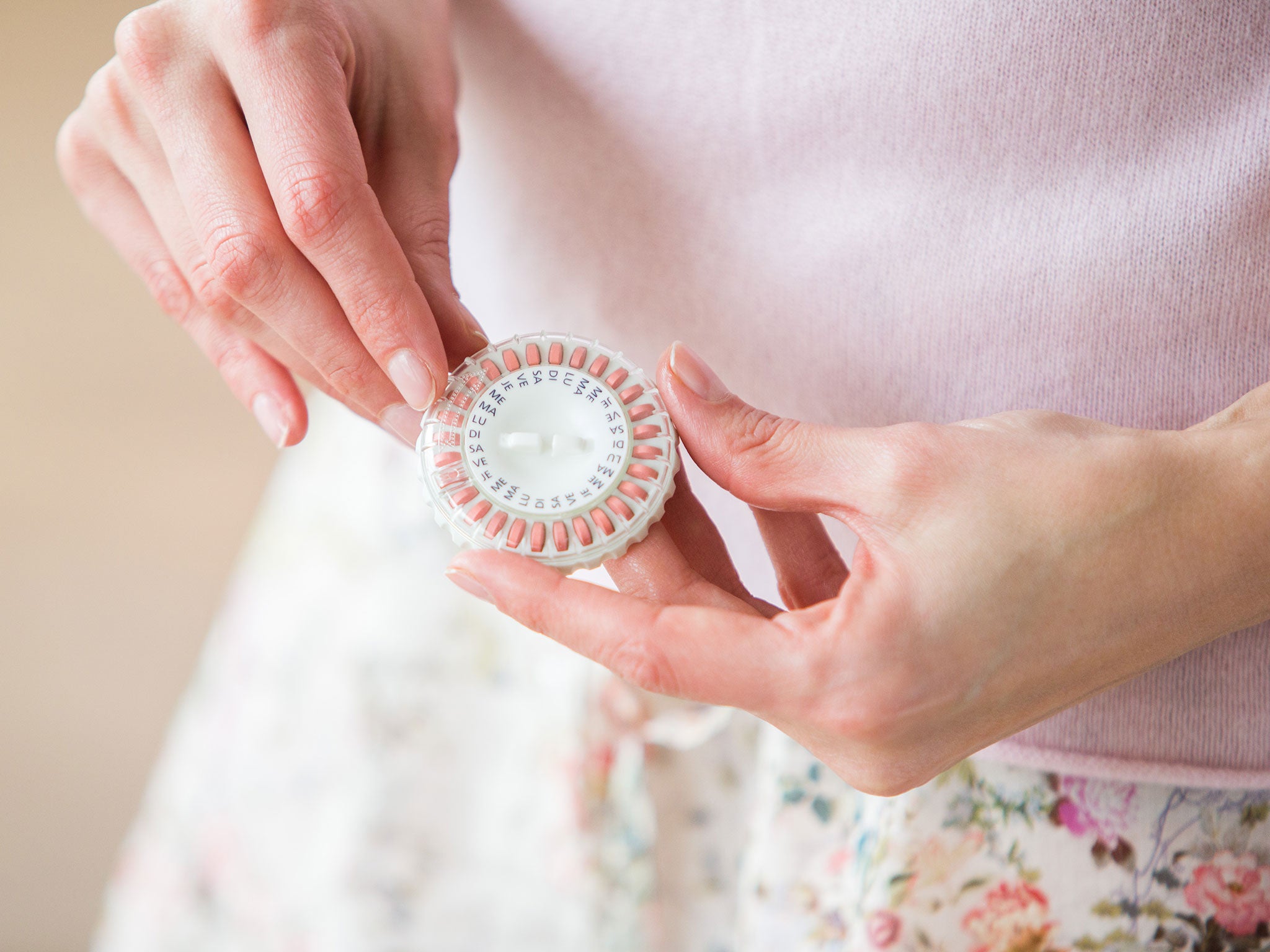Hormone Replacement Therapy: Study finds treatment is safe for menopausal women, but was it?
Women can suffer from hot flushes, mood swings and vaginal dryness during the menopause

Hormone Replacement Therapy (HRT) is a safe treatment for the unpleasant symptoms of the menopause, according to a new study which goes against previous warnings.
Researchers found that women who used HRT for up to 25 years were not at greater risk of developing breast cancer, heart disease or diabetes when compared with those who were not medicated.
To make their findings, the team at New York University assessed women who had taken used HRT for 14 years on average. As part of the study, 80 women underwent annual full-body scans for a decade.
Researchers then compared those results with 56 women who had not used HRT during the menopause, The Guardian reported.
The relatively small number of participants in the study is balanced by the length of time that scientists assessed the women.
The study will be presented to the American Society of Reproductive Medicine in Baltimore.
The results follow a 2003 study which suggested that HRT increased the risk of developing breast cancer, prompting the number of women receiving the treatment to halve from 2million to the current UK figure of 1million.
A recent study by Oxford University, which reviewed all existing evidence, also suggested that women who take HRT are at greater risk of ovarian cancer.
However, experts at the time said that women should not be put off from taking HRT.
Around one in 1000 women who took HRT for five years from around age 50 were diagnosed with ovarian cancer, while one in 1,700 died from the disease on average, researchers found.
The National Institute for Health and Care Excellence (NICE) is currently reviewing guidance on HRT in the UK, and will present its findings in the coming months.
Dr Lila Nachtigall, lead author of the new study, told The Huffington Post: "We found women taking HRT over a long period of time to be in very good health.
"It’s now clear that women on HRT over many years can enjoy benefits. The risks of HRT have definitely been overstated. The benefits outweigh the risks."
So what is HRT, and how does it work?
What is HRT?
During the menopause, a woman’s body produces less female hormones – oestrogen and progesterone – and her ovaries will stop producing eggs. As a result, she will no longer have periods and therefore won't be able to get pregnant.
Most women begin the menopause in their 50s, however, some will experience it in their 30s or 40s, according to the NHS.
Symptoms caused by the menopause include hot flushes, mood swings and vaginal dryness.
Doctors prescribe patients with HRT to relieve such symptoms.
How does it work?
The treatment works by replacing either oestrogen, progesterone, or both.
How is it taken?
Women can take HRT in tablet form, by using patches stuck onto the skin, or administered using an oestrogen gel which is rubbed into the skin.
Doctors can also prescribe implants or oestrogen pellets, which are inserted under the skin of the stock, buttock or thigh under general anaesthetic.
For women only experiencing vaginal dryness, a low dose of oestrogen can be delivered locally. This can be in the form of pessaries, a vaginal ring, or creams.
Subscribe to Independent Premium to bookmark this article
Want to bookmark your favourite articles and stories to read or reference later? Start your Independent Premium subscription today.

Join our commenting forum
Join thought-provoking conversations, follow other Independent readers and see their replies